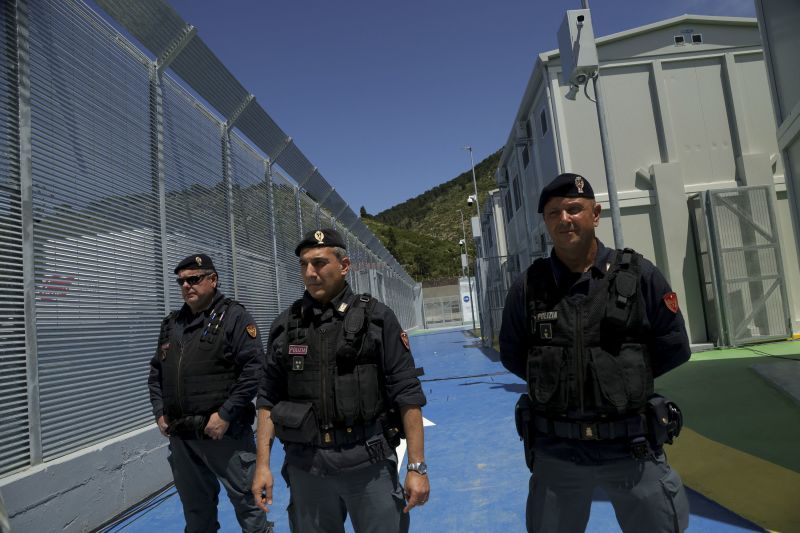
Italy’s Bold Move: Sending Sea Migrants to Albania to Stem Arrival Numbers
The Italian government’s recent decision to send sea migrants to Albania as a measure to deal with the issue of increasing arrivals has sparked a debate across Europe about the treatment of migrants and the responsibility of countries in handling the situation.
The move, seen as part of Italy’s hard-right government’s stance on immigration, has raised concerns among humanitarian organizations and advocates who argue that it could potentially endanger the lives of migrants and violate their rights.
This controversial policy has drawn criticism from various groups, including the United Nations, which has expressed worries about the safety and well-being of migrants who might be forced to make this journey. The UN has emphasized the importance of upholding human rights and ensuring that migrants are treated with dignity and respect.
Albania, the designated destination for these sea migrants, is also facing challenges in dealing with the influx of arrivals. While the country has shown a willingness to assist, questions remain about its capacity to manage the situation effectively and provide adequate support to migrants.
The Italian government’s decision reflects a broader trend of policies aimed at deterring migrants from reaching European shores. However, critics argue that such measures do little to address the root causes of migration and fail to offer sustainable solutions to the challenges posed by migration.
The issue of sea migrants has long been a divisive and complex issue in Europe, with countries struggling to find a balance between protecting their borders and upholding their humanitarian obligations. The debate surrounding this latest development highlights the need for a comprehensive and coordinated approach to migration that prioritizes the safety and well-being of migrants while also addressing the underlying causes of forced displacement.
As discussions continue on how best to manage the flow of sea migrants and support those in need, it is clear that a holistic and rights-based approach is essential. Only by working together and respecting the rights and dignity of all individuals can European countries effectively address the challenges posed by migration and foster a more inclusive and compassionate society.
